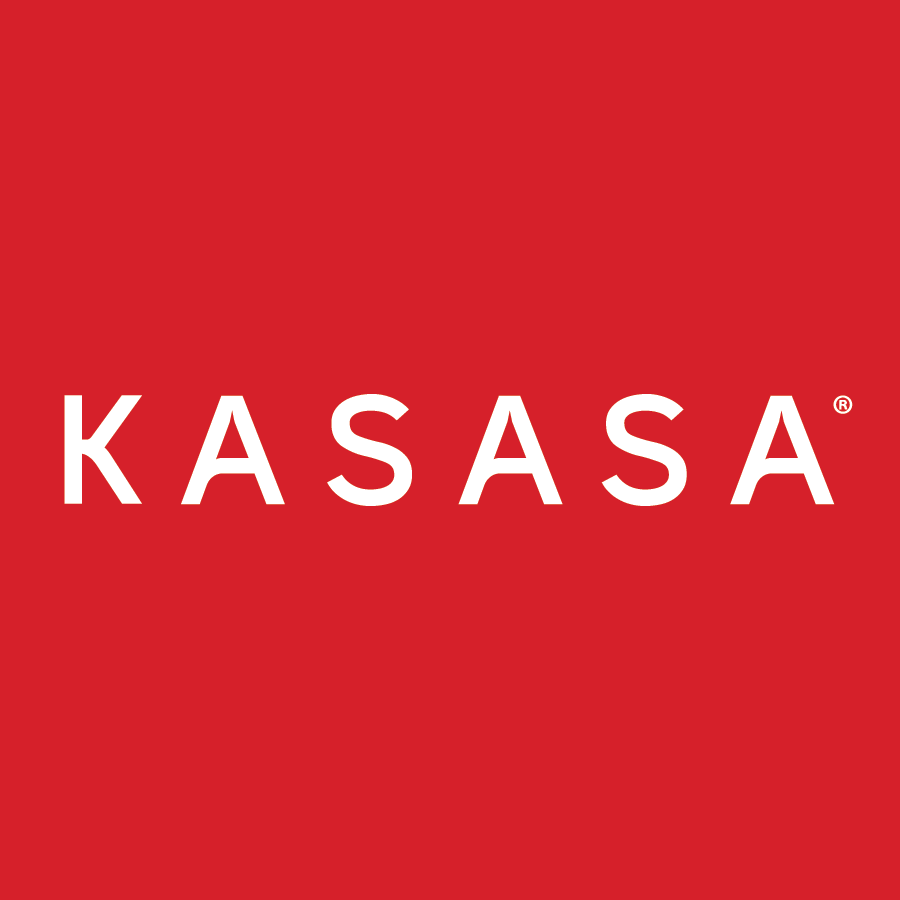Offering an incentive for opening an account is one of the easiest ways financial institutions can attract new consumers. Two of the most common offerings are one-time sign-up bonuses and ongoing rewards programs.
A sign-up bonus is essentially bait — a shiny promise to lure in new account holders. While it can help with account growth, a sign-up bonus doesn’t do much to ensure ongoing engagement or provide an incentive for account holders to stay loyal to their financial institution. Ongoing rewards programs, on the other hand, are an excellent way to both attract new consumers and nurture existing relationships. Like the chorus to a favorite song, rewards programs are the hook that keeps your financial institution top of mind and top of wallet with consumers.
What makes consumers switch?
You might guess that dangling a cash bonus in front of consumers would be enough to make them open an account with your financial institution — but you’d only be half right. In a survey of people who opened credit cards in the last year, it was found that 44.5% opened their accounts because of a sign-up bonus. However, 85.4% said ongoing features and benefits were the most important factors in their decision.
The numbers are skewed slightly when you break them down by generations. According to WTOP, Gen X prefers lower interest (for credit cards) and cash back rewards. Most Millennials, however, are more likely to be enticed by a sign-up bonus — which does little to help them with their ever-growing problem of debt. A lack of financial knowledge and a need for fast, short-term cash could be the reasons why a $200 cash bonus looks more attractive than a better interest rate or ongoing cash reward.
The Problem With Some Sign-up Bonuses
A free gift or cash bonus upon sign-up can serve as a thoughtful “thank you” to a new account holder for choosing to bank with your financial institution. However, in some cases, megabanks have given sign-up bonuses a bad rap in the minds of consumers.
When Chase offered a sign-up bonus for one of their credit cards, so many people opened an account that they ran out of cards. According to The Motley Fool, “Chase ended up losing $200 million to $300 million on that popular sign-up bonus...CEO Jamie Dimon wishes they would have lost $400 million.” Because Chase is counting on card holders not being able to pay their balances in full, they’re expecting to turn a profit through extremely high interest rates and fees — ensuring their customers never escape the cycle of debt.
Tired of this model, a growing number of consumers are making a sport out of opening credit cards just long enough to earn the bonus, then paying their cards in full and closing the accounts. This is a trend known as “credit card churning”. The Motley Fool says, “There are entire blogs dedicated to teaching others how to churn — one of the most popular blogs receives over three million views every month.”
What good is growth without retention? Offering a sign-up bonus might work in the short-term, but if the account or credit card behind it doesn’t live up to expectations, consumers will throw it in the trash — along with your brand’s reputation.
The Truth About Profitability
While megabanks like Chase rely on a bait and switch structure to maintain profitability with their sign-up bonus offerings, ongoing rewards programs can actually provide a reliable long-term profit strategy — without the icky morality issues.
Take the ongoing rewards program offered by free Kasasa checking accounts. Account holders can earn a really high rate and ATM withdrawal fee refunds for performing banking basics every month. Qualifications can include debit card swipes, e-statement sign-up, direct deposit enrollment, and more. These are activities that will drive non-interest income, save financial institutions money, and increase account holder engagement. The account is always free (a win for consumers). And, because not all account holders will qualify for their rewards every single month, the cost of deposits is lower than advertised (a win for you). By designing retention and profitability strategies directly into a rewards program, financial institutions can enjoy growth while keeping their account holders’ best interests at heart.
Consumer loyalty is worth more than a quick bonus. While sign-up bonuses are an attractive way to entice consumers to open an account, ongoing rewards programs are a better way to attract engaged account holders — which will provide more profitability in the long run.



